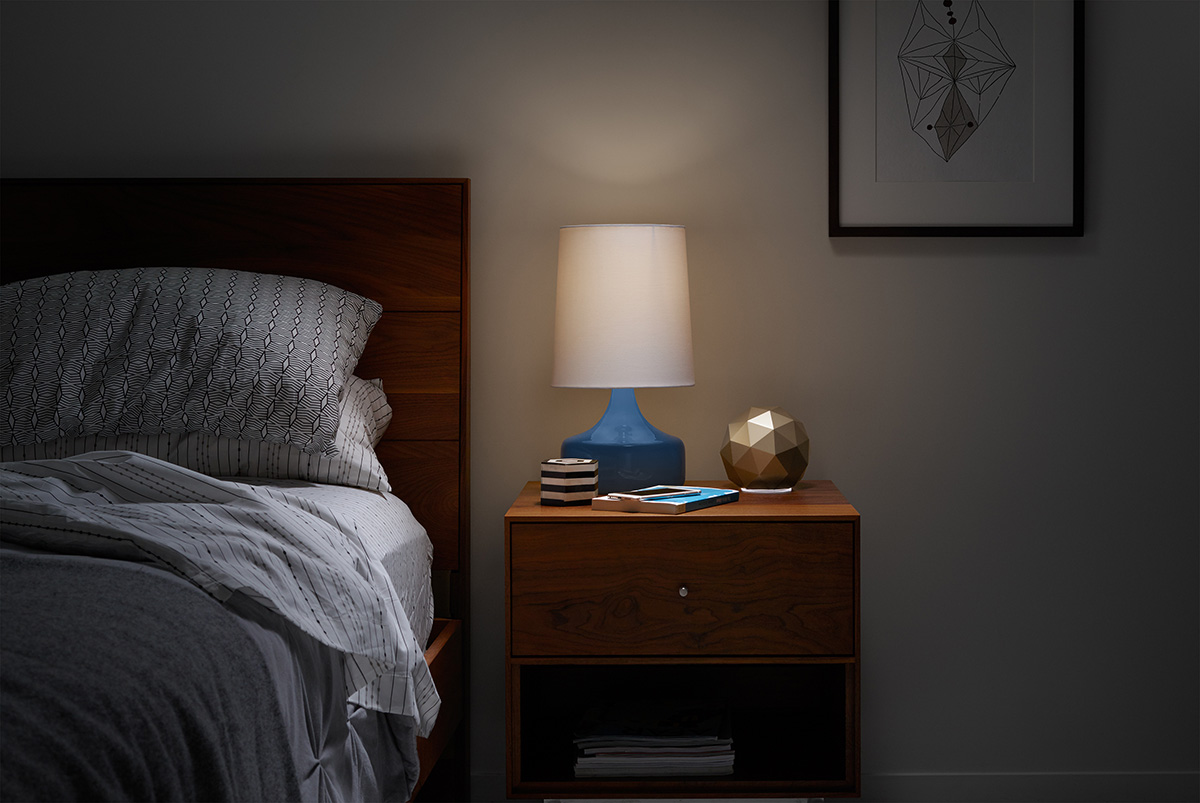Sleeping in complete darkness has been one of my favorite things for as long as I can remember. But, a new study could push even more people to sleep with less light in their rooms. Scientists now say that sleeping with light in the same room can actually be bad for your health.
Scientists say you may want to sleep in a darker room

The study is part of a broader collection of evidence that suggests exposure to light at night can cause harm to the human body. However, this new study focused intently on the physiological effects that even just 100 lux of artificial light could have on healthy adults while they sleep.
Dr. Phyllis Zee, a senior author on the study, says that 100 lux of light is just enough to see your way around a room, but not enough for you to read comfortably. The researchers conducted the study with 20 people. The first night, the sleepers were placed in mostly dark rooms. The second night, half of them slept in a room that was more illuminated.
While they slept, the researchers ran multiple tests on the sleepers. They recorded brainwaves, as well as measured heart rates and drew their blood every few hours or so, alongside other tests. In the morning, when the sleepers awakened, they were all given big doses of sugar to see how their bodies reacted to the spike.
The researchers published the results of their findings in the Proceedings of the National Academy of Sciences.
The health risks of sleeping with the lights on

Ultimately, the answer is yes, sleeping with light in the same room is bad for you. The study that Zee and her colleagues ran showed that people who slept through the night in rooms with light have elevated heart rates through the night. Further, they had increased resistance to insulin in the morning. This means their bodies had a harder time getting into their normal blood sugar range after waking up.
Another possible issue you can run into while sleeping with light in the same room is lowered melatonin levels. If you’ve ever had trouble sleeping, then you’ve probably tried using melatonin supplements at some point. Melatonin is a hormone that helps your body with the timing of circadian rhythms. As such, it helps you fall asleep and stay asleep through the night.
The researchers found that sleeping with light in the same room can cause some suppressed melatonin levels. Previous studies have also shown that disrupted melatonin levels can be linked to several diseases, including diabetes and even cancer.
Zee and her team say that the small amount of light used was likely not enough to suppress melatonin production. However, it was enough to activate the part of the body responsible for our fight or flight response.
Normally, the sympathetic arm of the nervous system calms down during sleep. The researchers note that changes in the cardiovascular functions suggest that even 100 lux of light was enough to shift the nervous system to a more active and alert state.
This study only took place over one night. As such, the evidence is compelling enough to make you wonder what kind of effects that you might see if you were to sleep with that amount of light every night.








